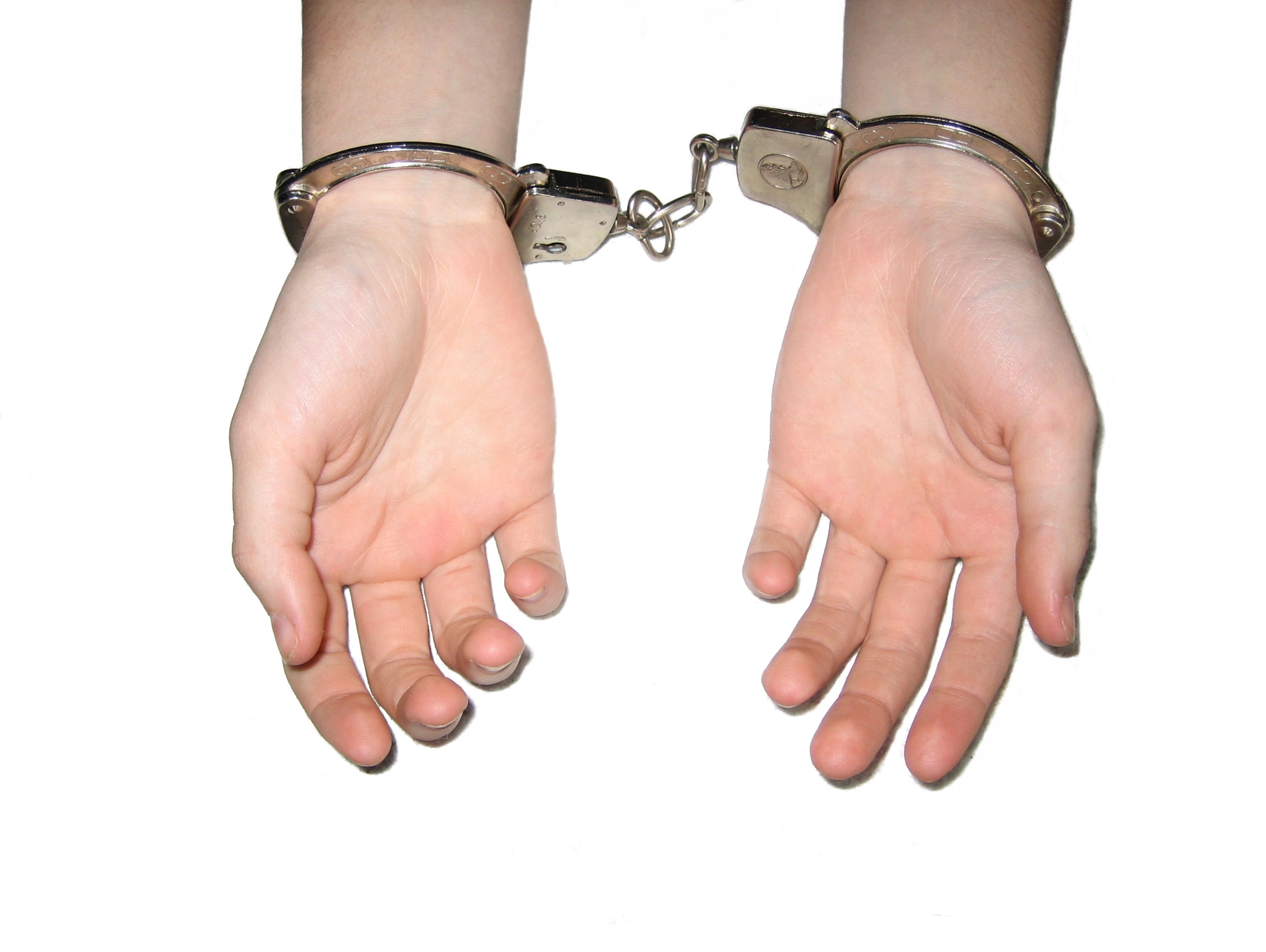Charlotte Criminal Lawyer Brad Smith answers the question: “Am I allowed to videotape an interaction with police? Can they make me stop filming?”
After an arrest, you are probably terrified and wondering exactly what to expect. During an arrest, you likely feel extremely stressed, and your emotions are running high. The police may not always explain things to you, and you could be left with questions about what will happen next in the process. When someone is arrested, various steps occur. It is helpful to understand the legal process so you can better prepare for your situation. An experienced criminal defense attorney will help guide you and help you defend the charges.
Charges
The police arrest you due to possible crimes that you might have committed. Sometimes, you might not know the exact charges or the list of charges until you go before a judge. You could have been arrested immediately at the scene of a potential crime, such as a DUI arrest, or later after a crime was investigated. Some charges might be misdemeanors, while others could be felonies. The time to seek legal help from a qualified criminal defense attorney is as soon as possible after the arrest.

Arraignment and Bond Hearing
The arraignment and bond hearing is time in front of the judge following an arrest. The judge will provide you with the charges against you and may set bond. If the charges are serious or if you have a criminal history, the judge may require you to remain in custody until you post bail. Your attorney can be instrumental in these initial stages of the case. Sometimes, the charges may be reduced, or certain charges could even be dropped. You have the chance to present reasons why the bond should be low or that you should be out of jail while the case continues.
Pretrial Activities
Many different activities take place to prepare for the trial. The prosecution gathers evidence and prepares the case to prove the charges against you. At the same time, your attorney will ask for details of the evidence and may file motions to suppress some evidence if it was not appropriately gathered. Various motions may be filed, and there could be one or more hearings depending on the case’s complexity. Sometimes, the prosecutor will offer a plea bargain to a defendant. A plea bargain allows a defendant to plead guilty to lesser charges and face reduced penalties than they would have if found guilty on the original charges.
Trial
The trial is when the defendant can seek justice from a judge or jury. With your attorney, you will have the opportunity to defend the charges against you and provide information that could result in an acquittal. You can go to trial by pleading not guilty to the charges. You have the right to a trial, and the law assumes that you are innocent until proven guilty in a court of law. A skilled criminal defense attorney will work to legally exclude evidence when possible and provide a vigorous defense to the charges.
Sentencing
If you are found guilty in court, the next phase is sentencing. The law usually provides guidelines that the judge must follow during sentencing. A judge can then consider various factors when determining a sentence. Mitigating factors are those that could reduce the sentence, while aggravating factors are those that made the crime worse. One mitigating factor may be that the defendant had no prior criminal convictions. Aggravating factors might include a history of criminal activity, using a deadly weapon during the crime, and more. Your lawyer will present mitigating factors to the court to try to attain the lowest penalties possible.
Appeal
If you were found guilty, you have the right to an appeal. You may appeal due to legal errors made during the trial or improper sentencing. A request for appeal is not automatically granted. A complete review of the matter will determine whether you will get a new trial or a change in the sentence. An appeal can take months or years to resolve.
If you were charged with a crime, it is nothing to take lightly. A knowledgeable criminal defense attorney will guide the process and present the best defense to the charges. Contact our attorneys at Arnold & Smith, PLLC, at (704) 370-2828 to discuss your case today.
The criminal defense attorneys at Arnold & Smith, PLLC make it their mission to zealously defend their clients on a wide range of criminal matters at both the state and federal levels. These matters may include any charge from traffic offenses; DWI/DUI; drug charges (from simple possession to possession with intent to distribute and trafficking); gun permit denials; weapons offenses; and property crimes (larceny, breaking and entering, robbery, fraud, embezzlement, white collar offenses); to sexually related offenses (indecent exposure; sexual assault, crimes against nature, removal from sex offender registry); and violent crimes (domestic violence; assault; manslaughter; homicide, murder). Other legal issues that Arnold & Smith, PLLC criminal clients may face include restraining orders, restraining order and probation violations, expungements; appeals; and immigration issues related to criminal charges. Our criminal defense attorneys are passionate about ensuring that individuals empower themselves by being informed about their constitutional rights and stand at the ready to fight in defense of those facing criminal charges.
Source:
Misdemeanor | Wex | US Law | LII / Legal Information Institute (cornell.edu)
Plea Bargaining | USAO | Department of Justice
Image Credit:
https://www.freeimages.com/photo/restrained-1188171
See Our Related Video from our YouTube channel:
See Our Related Blog Posts:
What are My Rights When Stopped by Police in North Carolina?
 Charlotte Criminal Lawyer Blog
Charlotte Criminal Lawyer Blog


